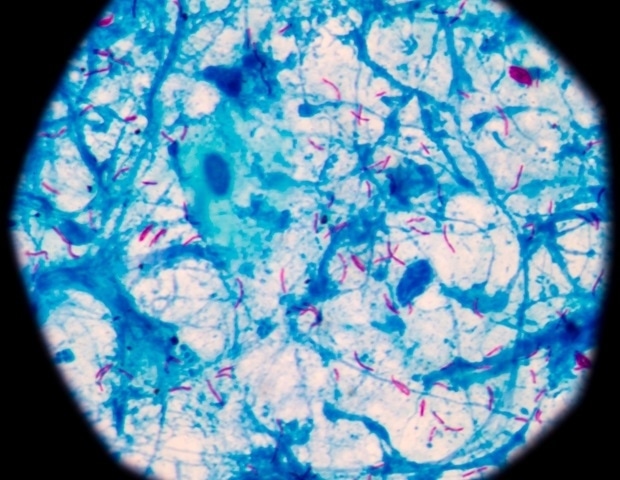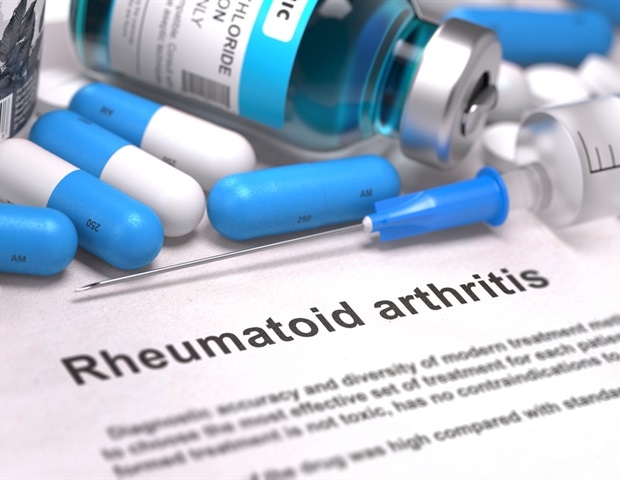
New research to be presented at the European Congress on Obesity (ECO 2025) in Málaga, Spain (11–14 May), reveals a strong link between dietary sodium intake and both general and abdominal obesity. Conducted by Annika Santalahti and colleagues from the Finnish Institute for Health and Welfare, the study analysed data from over 5,000 Finnish adults. Findings showed that participants with the highest sodium intake—measured via food frequency questionnaires and urine samples—were significantly more likely to have obesity.
Women in the highest sodium intake group were over four times more likely to have general obesity and 3.4 times more likely to have abdominal obesity compared to those in the lowest group. Similar trends were found using urine sodium concentration.

For men, results were statistically significant when based on urine sodium: those in the highest quartile were six times more likely to have general obesity. Most sodium came from everyday processed foods such as bread, cheese, and processed meats—not just junk food. Researchers emphasise the need for systemic change, including collaboration with the food industry, to reduce population-level sodium consumption.
They call for further research into the biological mechanisms linking salt intake to obesity. Source : The Lancet New research to be presented at the European Congress on Obesity (ECO 2025) in Málaga, Spain (11–14 May), reveals a strong link between dietary sodium intake and both general and abdominal obesity. Conducted by Annika Santalahti and colleagues from the Finnish Institute for Health and Welfare, the study analysed data from over 5,000 Finnish adults.
Findings showed that participants with the highest sodium intake—measured via food frequency questionnaires and urine samples—were significantly more likely to have obesity. Women in the highest sodium intake group were over four times more likely to have general obesity and 3.4 times more likely to have abdominal obesity compared to those in the lowest group.
Similar trends were found using urine sodium concentration. For men, results were statistically significant when based on urine sodium: those in the highest quartile were six times more likely to have general obesity. Most sodium came from everyday processed foods such as bread, cheese, and processed meats—not just junk food.
Researchers emphasise the need for systemic change, including collaboration with the food industry, to reduce population-level sodium consumption. They call for further research into the biological mechanisms linking salt intake to obesity. Source : The Lancet.















